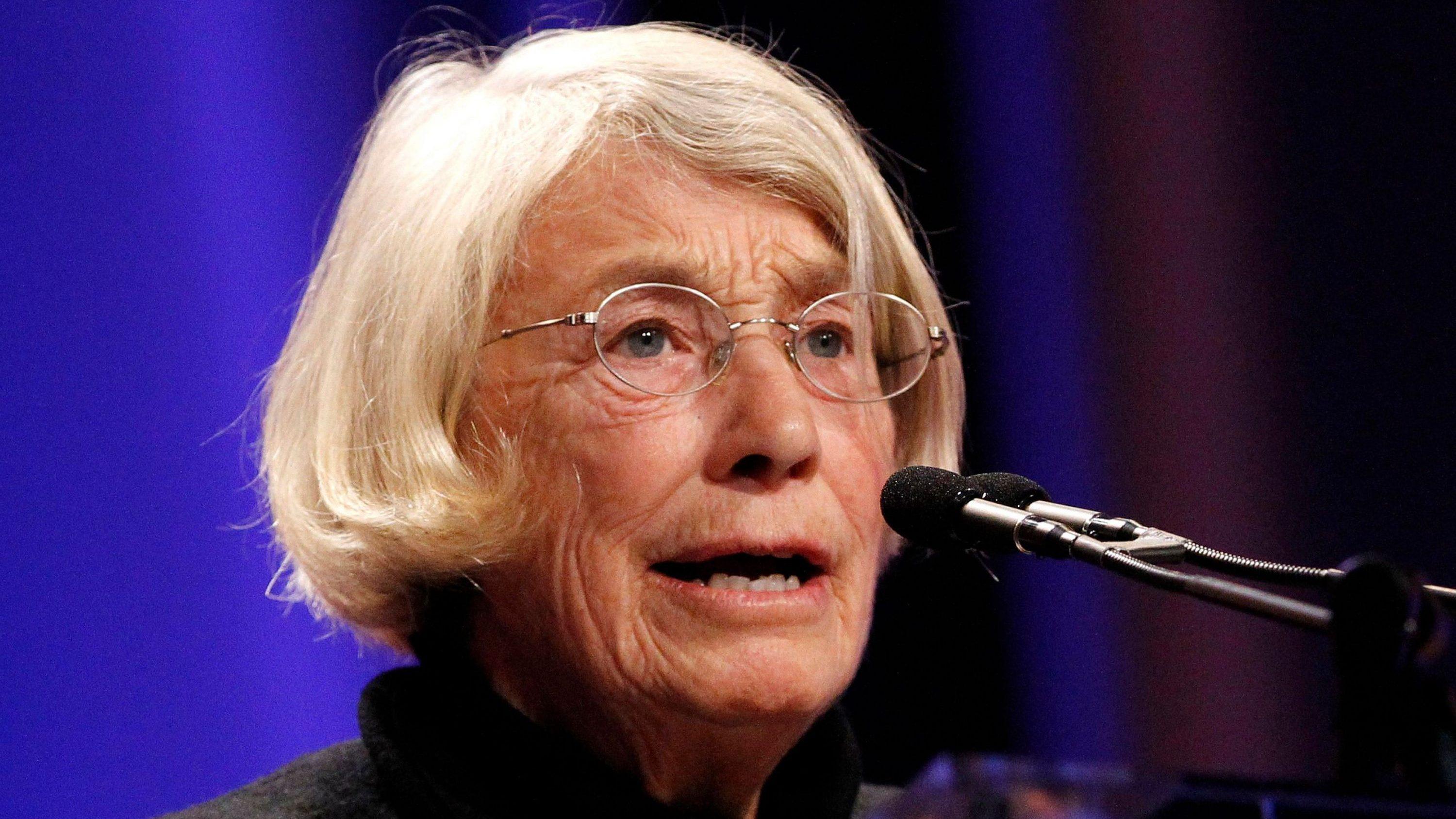Somewhere in another universe, I’m a bluebird, my voice easing out of my throat, body into the crimson air of the early morning. Here in the grey of COVID-19 lockdowns and night curfews – amidst unlawful arrests and farmers’ protests – I’m just another human being trying to ward off the mental impact of the pandemic.
It is no exaggeration to say that 2020 was terrible. And sadly, 2021 is shaping up to be worse. A second wave of COVID-19 is sweeping through India. Hospitals are running out of oxygen. Crematoriums are overwhelmed. Families have been mortally wounded by the deaths of loved ones.
With all this anger and sadness coming to haunt you, you might feel a strong desire to escape — from people, social media noise, work and your own negative thoughts. The form of escape – depending on one’s reason to do so – can either be healthy or unhealthy. The healthy forms include listening to soothing music, yoga, meditation and daydreaming.
Personally, I’ve found an escape in Mary Oliver’s poems: they keep me sane, alert and loyal to my own wild impulses.
Arguably the most beloved poet in America, Mary Oliver was born on September 10, 1935 in Maple Hills Heights, a suburb of Cleveland, Ohio. She attended both Ohio State University and Vassar College, but did not receive a degree from either institution. As a young poet, Oliver was deeply influenced by Edna St. Vincent Millay, so one day she announced herself at Millay estate, and ended up living there for “six or seven years,” helping Norma Millay organise her sister’s papers.
Her first collection of poems, No Voyage, and Other Poems, was published in 1963. More followed, including Blue Horses; A Thousand Mornings; Swan: Poems and Prose Poems; Red Bird (2008); Thirst (2006); Why I Wake Early (2004); Owls and Other Fantasies: Poems and Essays (2003); West Wind (1997); White Pine (1994); New and Selected Poems (1992), which won the National Book Award; House of Light (1990), which won the Christopher Award and the L.L. Winship/PEN New England Award; and American Primitive (1983), for which she won the Pulitzer Prize.
Renowned for her evocative and precise imagery, Oliver was enthralled by the quiet occurrences of nature: industrious hummingbirds, egrets, motionless ponds, “lean owls/hunkering with their lamp-eyes.” Her writings – be it poetry or prose – are a lifeboat to those far from the shore of being. “What is it you plan to do/with your one wild and precious life?” The question that finishes off ‘The Summer Day’ may very well be the question of the century.
Oliver – for most part – stayed tight-lipped when it came to her private life, but it was at Edna’s former home where she met her long-time partner, Molly Malone Cook, who was a photographer. The couple soon made a home in Provincetown, Massachusetts, – where they lived until Cook’s death in 2005 – and the surrounding Cape Cod landscape had a marked influence on Oliver’s work. Oliver dedicated many works to Cook and while accepting the national book award in 1992 she publicly thanked Cook saying, “Molly Malone Cook, the best reader anyone could have. She is the light of my life.”
In a 2015 interview with Krista Tippett for her ‘On Being‘ podcast, Oliver spoke about how her lifelong love of nature, including long walks in the woods, helped her overcome childhood trauma and find meaning: “I got saved by poetry,” she said. “And I got saved by the beauty of the world.”
In her collection of essays Long Life, a luminous collection of 17 essays and ten poems, Oliver writes: “What does it mean that the earth is so beautiful? And what shall I do about it? What is the gift that I should bring to the world? What is the life that I should live?” Oliver’s own life was devoted to spreading a deep appreciation of that beauty. For others, her poetry inspired not only appreciation, but the desire to protect nature as a gift to posterity.
Sometimes I feel that Oliver was the elder sister I did not have. I did have an elder cousin sister, whom I loved, but she was murdered by her husband one summer afternoon. Oliver remained, sparing me the equipment for living. Every book that Oliver has ever written is a window offering us readers advice about how to live, how to take moments not as tokens to be exchanged for achievement but as and for ourselves. In her poem, ‘Invitation’, Oliver writes:
“It is a serious thing
just to be alive
on this fresh morning
in this broken world.”
I would almost say that these words from Mary Oliver save me, and daily.
Amit Singh is a student at MCU, Bhopal. One can also follow his procrastinations on Instagram and Twitter.
Featured image: Reuters/Mario Anzuoni

